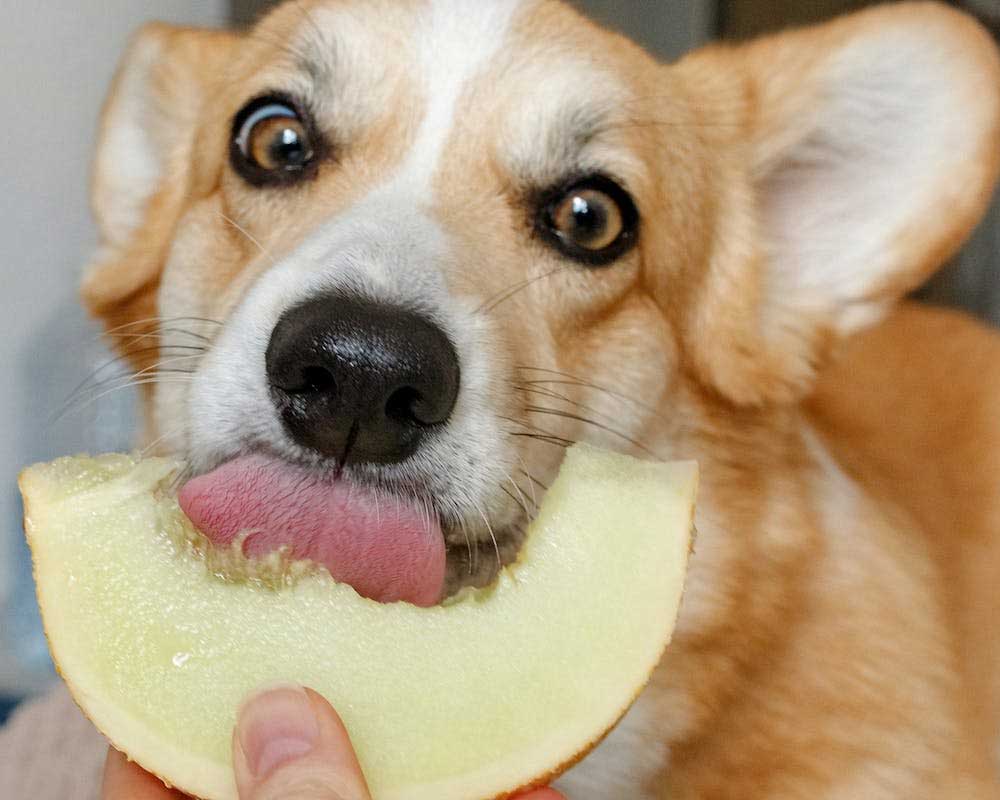
A List of Human Foods Dogs Can and Can’t Eat
We all love sharing food with our furry companions, those eager eyes begging for a bite of whatever we’re enjoying. But did you know that not all human foods are safe for dog? In this article, we’ll explore the list of human foods that dogs can and can’t eat, ensuring your four-legged friend stays happy and healthy.

Human Foods: The Safe and Delicious Foods for Dog
1. Lean Meats
One of the best ways to pamper your pup is by giving them a taste of lean meats like chicken, turkey, and beef. These protein-packed options are not only delicious but also provide essential nutrients.
2. Cooked Eggs
Cooked eggs are a fantastic source of protein for your furry friend. Make sure they are fully cooked, as raw eggs can pose a risk of salmonella.
3. Carrots
Carrots are crunchy and low in calories, making them an excellent choice for dogs. They’re also a great source of vitamins and fiber.
4. Peanut Butter
Most dog go nuts for peanut butter! It’s an excellent source of healthy fats and protein. However, make sure it doesn’t contain xylitol, which is toxic to dogs.
5. Apples
Apples are a sweet treat packed with vitamins and fiber. Just remember to remove the seeds and core before offering them to your dog.
6. Rice
Plain, cooked rice can help soothe your dog’s upset stomach. It’s easily digestible and can be served with some boiled chicken for a bland, comforting meal.
Human Foods: Foods to Avoid
While some human foods can be shared with your dog, others are downright dangerous. Here’s a list of foods to avoid at all costs:
1. Chocolate
Chocolate contains theobromine and caffeine, which can be toxic to dog. Even small amounts can lead to seizures or worse.
2. Grapes and Raisins
These seemingly harmless fruits can cause kidney failure in dogs. Keep them far away from your furry friend.
3. Onions and Garlic
Onions and garlic, whether raw, cooked, or powdered, can damage a dog’s red blood cells, leading to anemia.
4. Avocado
Avocado contains a substance called persin, which can be harmful to dog when consumed in large amounts.
5. Alcohol
Alcohol affects dogs just as it does humans, but their smaller bodies make them far more susceptible to alcohol poisoning.
Conclusion
In summary, sharing your meals with your dog can be a delightful experience, as long as you stick to safe options like lean meats, cooked eggs, carrots, peanut butter, apples, and rice. However, always be cautious and avoid feeding your furry friend chocolate, grapes, raisins, onions, garlic, avocado, or alcohol, as these can have serious health consequences for them.
FAQs
1. Can dogs eat cheese?
While cheese is safe for most dog in small quantities, it can be high in fat and calories. Some dog may also be lactose intolerant, so monitor their response to cheese.
2. Are nuts safe for dogs?
Most nuts, like almonds and walnuts, are not recommended for dog due to their high-fat content, which can lead to pancreatitis. Macadamia nuts, in particular, are toxic to dogs.
3. Can dog eat fish?
Yes, many dog enjoy fish, and it can be a healthy addition to their diet. Just ensure it’s fully cooked, boneless, and free from seasoning.
4. Are all fruits safe for dog?
While many fruits are safe, some, like grapes and raisins, are toxic. Always research before sharing any new fruit with your dog.
5. Is it okay to give dogs leftovers from my plate?
It’s best to avoid giving dog leftovers from your plate unless you’re sure they’re safe and healthy for your furry friend. Stick to dog-friendly options to keep them happy and healthy.
Read More
A List of Human Foods Dog Can and Can’t Eat
7 Human Foods That Can Be Fatal to Dog
Unveiling the Tangy Truth: The Impact of Acidic Foods on Your Health
